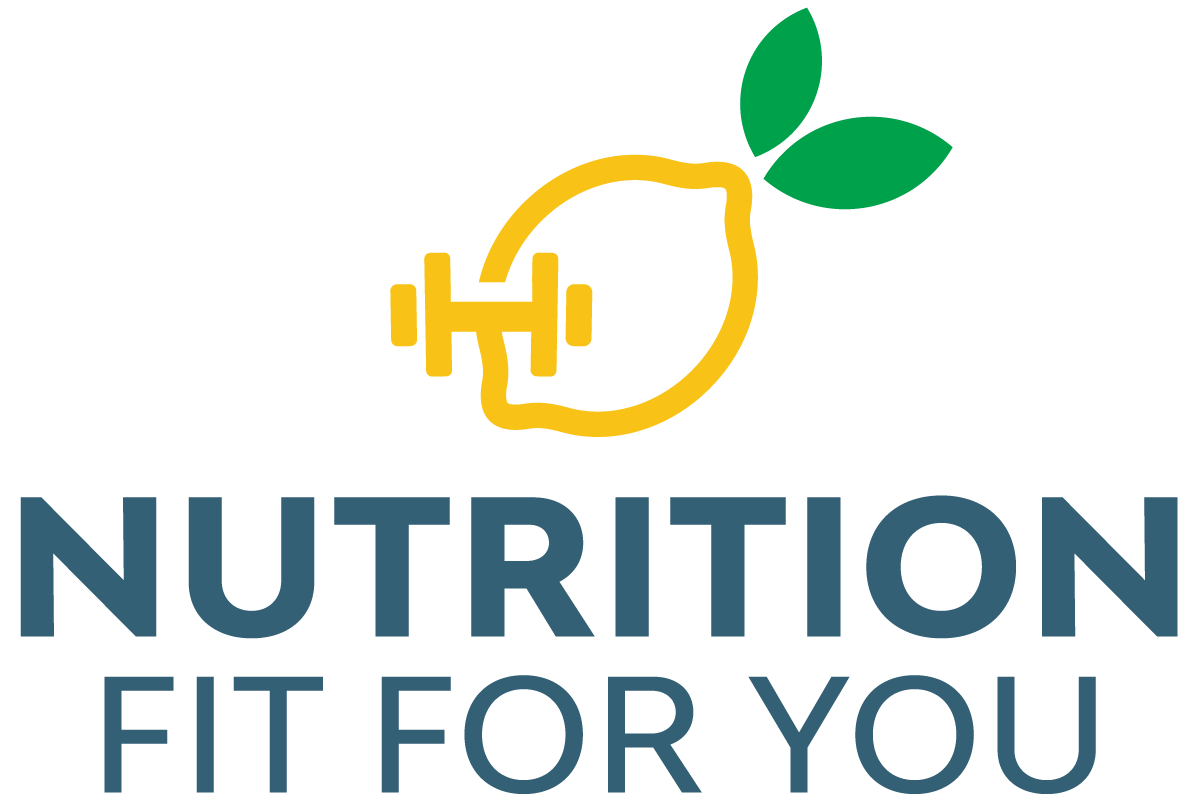The Enjoyment of Eating

With all the media messages about body image and the unachievable physical standards that have been set before us, where do we go from here? The role of mindfulness is a new concept of intuitive eating that explores how to listen to both your body and brain to make intentional choices. Such mindful thinking can improve physical, emotional, and spiritual aspects of an individual. A collective review of 68 publications has concluded that mindfulness-based approaches are the most effective in those with binge-eating and emotional eating (Warren, Smith, & Ashwell, 2017). This increased body awareness with internal cues, in turn, encourages positive weight management. In light of this, several core concepts are listed below to promote a positive outlook about yourself. Challenge yourself by responding to the correlating questions in each category.
Rejecting the diet mentality
- What social norms related to diet rules and restrictions am I following?
- Is dieting while attempting to change my body improving how I view myself?
- What skills could I use to help shift into a healthier mindset? (e.g., identify non-physical traits I admire about myself, practice positive self-talk, surround myself with positive people)
Honoring your hunger & respecting your fullness
- What are my personal hunger cues?
- What myths are associated with hunger and diet culture? (e.g., carbs are fattening, skipping breakfast is a good way to lose weight, ‘calories in, calories out’ is all that matters when it comes to weight loss)
- What emotional aspects in my life are distorting my hunger cues?
Respecting your body
- What are my body’s unique strengths and limitations?
- How can I learn to respect ALL bodies?
- What is my body actually meant for?
Discovering satisfaction
- How could I release fear around the presence of predetermined “bad foods”?
- How can I bring joy into my cooking and eating?
- How could I feel confident in my food choices, regardless if it is for nourishment or pleasure?
Hopefully these questions have challenged your current outlook on how you look, your worth, and how you view eating. Lean into these different thoughts as a way to challenge the human condition of gravitating toward negativity. Remember: how you interpret emotions creates the suffering, not the emotions themselves.
References
Warren, J.M., Smith, N., Ashwell, M. (2017). A structured literature review on the tole of mindfulness, mindful eating, and intuitive eating in changing eating behaviors: Effectiveness and associated potential mechanisms. Nutrition Research Reviews, 30(2), 272-283. doi:10.1017/S0954422417000154
At Nutrition Fit for You, we offer a non-diet, weight-inclusive approach that will lay the foundation for you to REBALANCE food, exercise and body image.
Follow us on:
Download the 7 Types of Hunger
Learn about each type of hunger—stomach hunger, heart hunger, and more—and learn to listen to your body with clarity.

